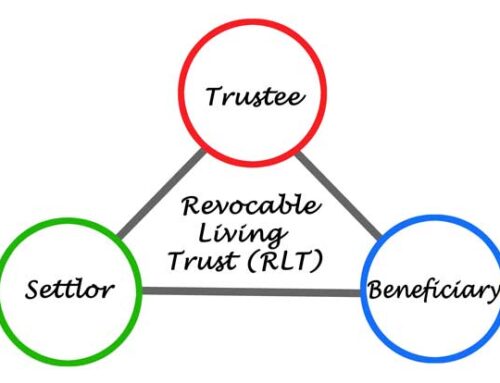Quick, what’s the difference between a will and a trust? Might you be a testator? And what do you know about a conservatorship, besides the fact that Britney Spears has been embroiled in drama surrounding one?
While these terms are familiar, many people are often pressed to define exactly what these important estate planning documents are, says Tony J. Tyre of The Law Offices of Tony J. Tyre, Esq., APC. Most people are typically even more unsure if they would benefit by having an estate plan in place and how one works. However, understanding these documents can help ensure your wishes are carried out and the best interests of your loved ones are protected now and the future, he says.
Estate planning terms explained
Tyre Law Office offers the following explanations for some important trust and will terminology everyone should understand no matter where they are in the estate planning process.
The Players
- Trustor/settlor/grantor/trustmaker – All of these terms refer to the person who establishes a living trust. There are typically one or two trustors of a trust, depending on whether it’s a single or married couple trust.
- Trustee – A trustee is the person who has the legal authority to manage a trust and the assets held therein. A trust may have one or multiple trustees. Usually, the trustor is the initial trustee of the trust.
- Testator – A person who establishes a will is known as a testator.
- Executor – The executor has the legal authority to manage and administer a will. An executor performs the same functions as a trustee, except for a will. A will can have multiple executors.
- Beneficiary – A beneficiary is the individual or individuals for whose benefit a trust or will is created. In other words, it’s good to be a beneficiary!
Read the full article here






